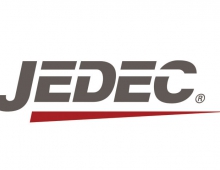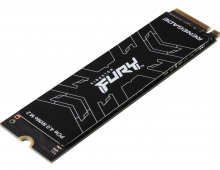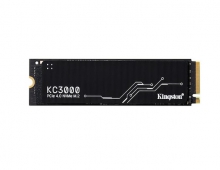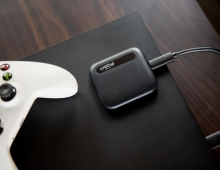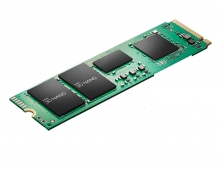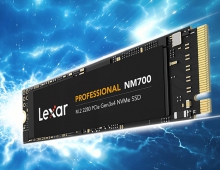
LSI Acknowledges Sandforce Encryption Issue With Some SSDs
LSI has acknowledged that its SandForce SF-2000 solid-state drives controllers failed to encrypt data using the 256-bit algoritm, with Intel and Kingston Technology to be ready to either recall their affected solid-state drives.
As part of a detailed validation and quality assurance analysis of the security implementation in the SF-2000 series FSP, LSI discovered that the AES-XTS engine was restricted to 128-bit encryption. This issue affects the set of users who currently require 256-bit encryption. The company says that the necessary hardware and firmware updates are currently in process to enable full 256-bit encryption.
Kingston said it has been working with LSI to correct this and to ensure that future production of its SF-2000-based SSDNow V+200 and KC100 drives delivers 256-bit AES encryption mode.
Owners of te specific SSDs who require 256-bit AES encryption may contact Kingston technical support for information and possible replacement of their drives.
"Customers not satisfied with the 128-bit encryption in an Intel 520-series SSD purchased before July 1, 2012, they can contact Intel customer support prior to October 1, 2012 to return their product and Intel is offering to provide a full refund of the purchase price," Intel said in a statement.
Kingston said it has been working with LSI to correct this and to ensure that future production of its SF-2000-based SSDNow V+200 and KC100 drives delivers 256-bit AES encryption mode.
Owners of te specific SSDs who require 256-bit AES encryption may contact Kingston technical support for information and possible replacement of their drives.
"Customers not satisfied with the 128-bit encryption in an Intel 520-series SSD purchased before July 1, 2012, they can contact Intel customer support prior to October 1, 2012 to return their product and Intel is offering to provide a full refund of the purchase price," Intel said in a statement.

